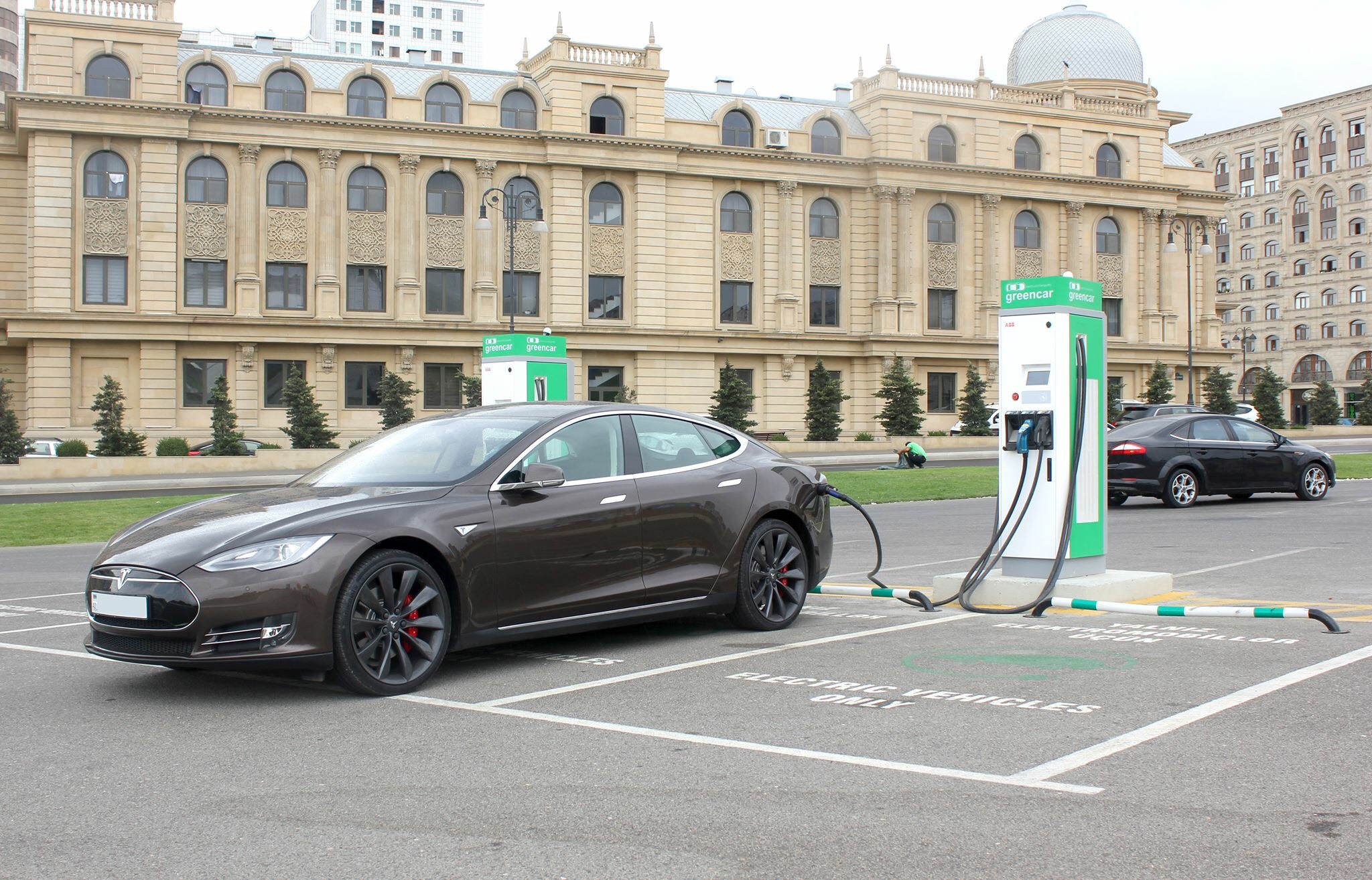EVSE breaks down DC Fast Chargers

DC Fast Charging Stations
Want to charge your Electric vehicle from empty to 80% full in just 30 mins? Then you need the help of a DC Charging station, which is the only system capable of true rapid or fast charging.
DC charging for your Electric Vehicle is the closest thing to re-fuelling a traditional vehicle. It’s the way most people envisage charging their Electric vehicle when they first consider switching, but the reality is it’s not a necessity for everyday EV charging. This is because most mornings you will be starting off your day with a full battery, after having charged overnight. If you’re lucky your office or shopping car park might also have an EV charging station that can allow you to “top up” your electric vehicle.
Where DC charging for electric vehicles does make a lot of sense is along major highways and in high turnover areas, which require a maximum charge in the shortest period of time. Think long road trips between Sydney to the Gold Coast or popular high density, high turnover parking facilities such as airports and major shopping centers.
Most DC chargers in the Australian market will charge at 50kW, but in overseas markets, we are beginning to see 150kW stations with announcements of 300kW charging to be rolled out further in the future.
So why is DC EV Charging Faster?
When you plug in your electric vehicle to your Keba or EO EV Charging station, your car converts the power it draws from AC into DC. Your car’s ability to charge is dictated by the EV’s onboard charger, which explains why a Tesla will charge faster than a Nissan Leaf when using the same Keba 22kW universal EV charging station.
In contrast, when you plug in your EV into a DC fast charging station the conversion of the power has occurred in the charging station itself, hence the DC goes straight to the electric vehicle’s battery, charging the EV faster.
Most DC charging stations will take an empty battery and return it to 80% full in around 20-30 minutes, at which point the charging rate slows down closer to most standard L2 chargers. The DC charging station does this to protect the EVs batter from degradation.
So can all-electric vehicles DC fast charge?
For many Plug in Hybird (PHEV’s) their battery packs are simply too small to allow for DC fast charging. For others, it can be standard or an optional extra. The need for DC fast charging is far more practical for full battery electric vehicles (BEV’s) anyway given their range, but you will see this become a more widespread standard feature over the coming years.
Why does DC fast charging slow down at 80-90%?
When using a DC fast charger and the battery is almost full, it will automatically drop the speed of the charge to prevent the battery cells on your EV from overheating. At this point, it makes sense to vacate from the DC charger and utilize the Level 2 AC EO charging station nearby, as this will finish the job at a faster rate.
Does DC Charging ruin the battery on my EV?
Research has shown this not to be the case, and in some instances, it may increase the life of the battery.
What are the DC charging standards?
Right now there are three:
CHAdeMo: Used in mainly in Japanese vehicles such as the Nissan Leaf.
CCS2: Used mainly in European vehicles such as BMW, Volkswagen, and Renault.
Tesla: Has its own charging standard which utilizes a proprietary Tesla plug.
What are the downsides of DC fast charging?
Cost – DC Charging station hardware is not cheap, costing upwards of $40,000 with installation costs also higher than traditional AC charging stations.
Size – DC charging stations are larger and require more equipment then AC charging stations.
So what about “standard” AC Level 2 EV charging stations then?
AC is more readily available and Level 2 charging station hardware and installation is far most cost-effective, so this will always remain the most common charging method. Our range of Keba, EO and portable EV chargers can be set up for any home, commercial or public application giving you maximum flexibility.
So there you have it, a quick rundown on where DC Fast charging sits in the world of Electric vehicle charging stations. Evse.com.au has a range of DC Fast chargers available to suit any project requirement in the public or private sector. Get in touch with us today to discuss the best DC fast charging solution to optimise revenue and ensure maximum charger uptime to get the most out of your investment.


